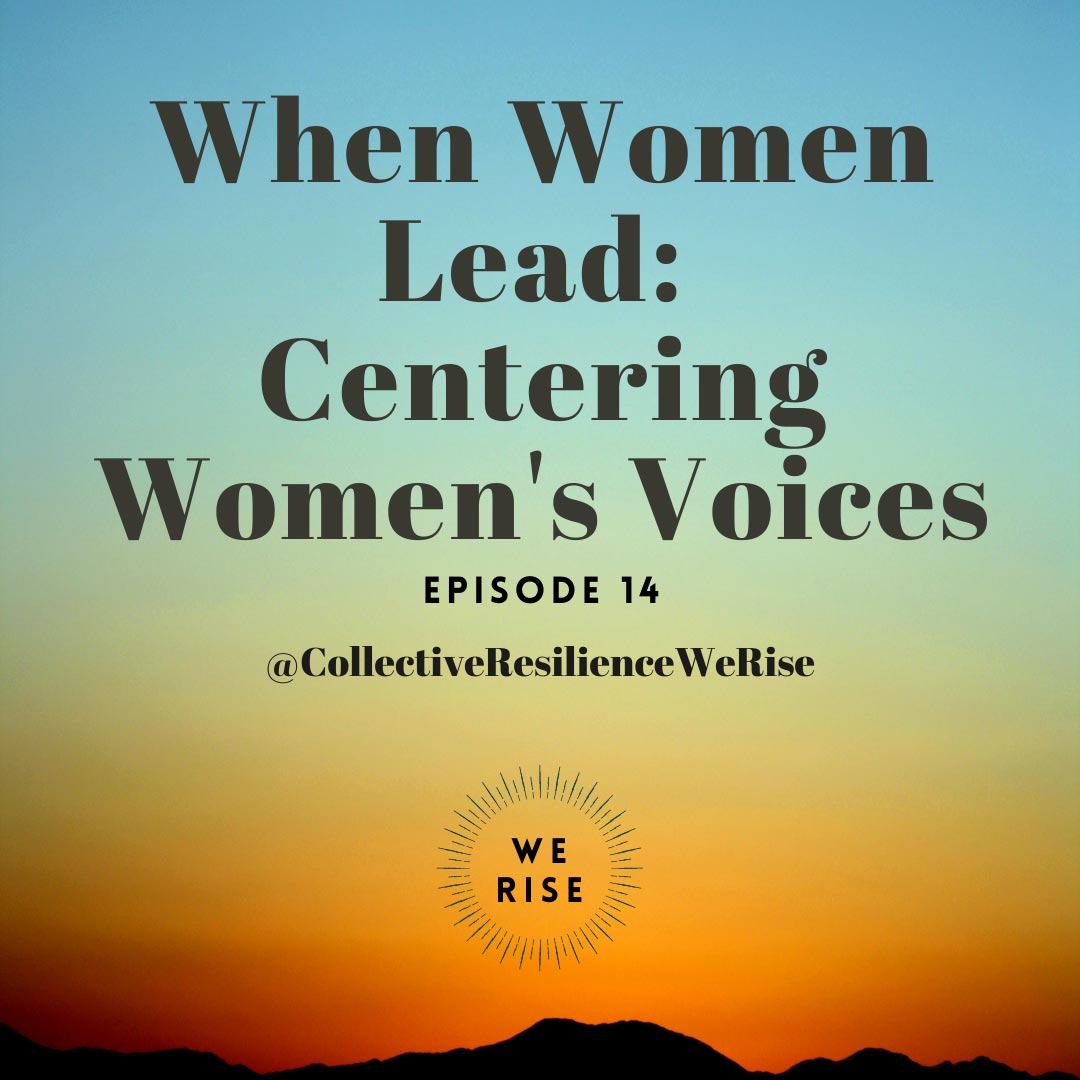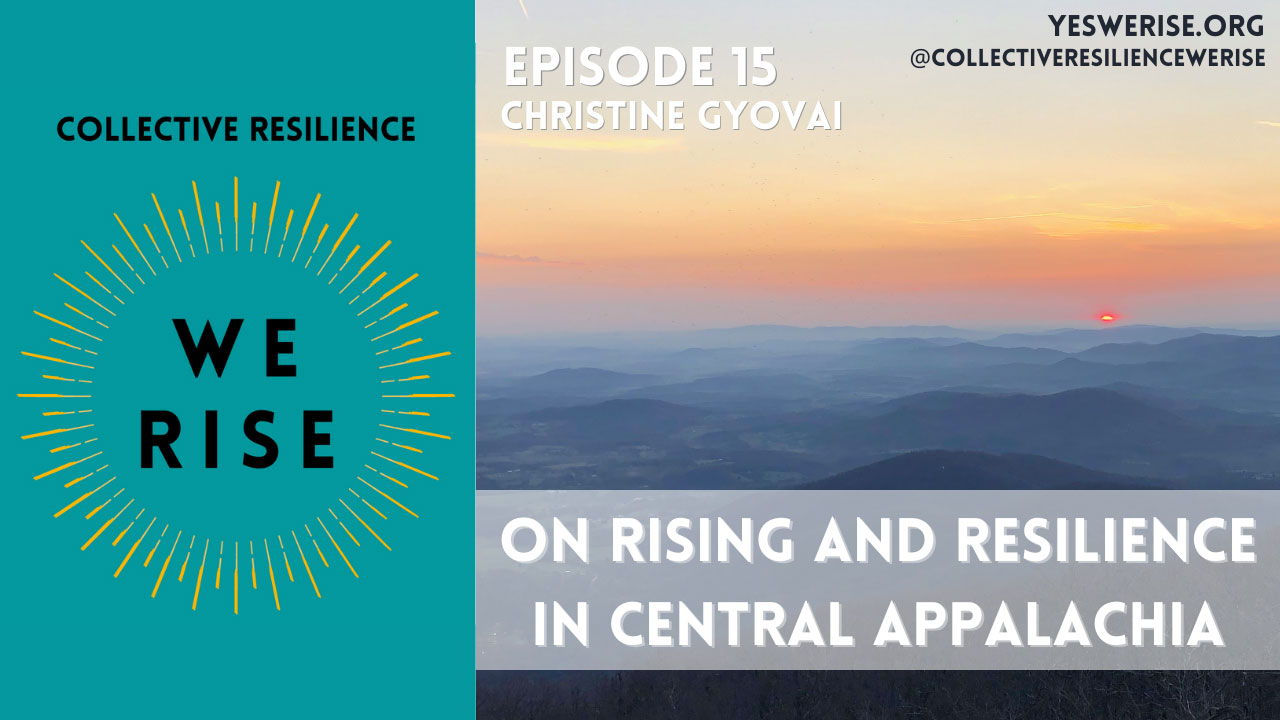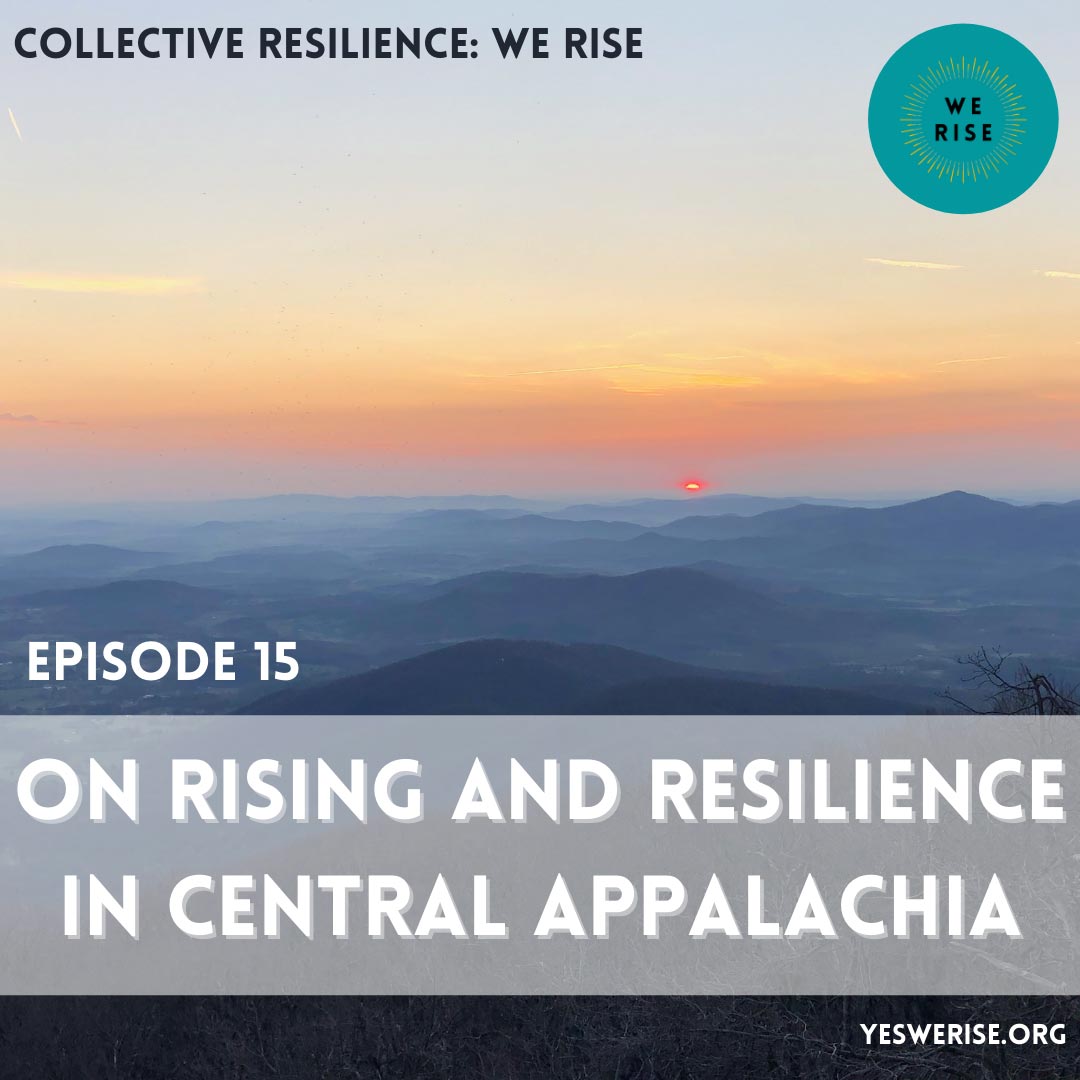
Episode 15:
On Rising and Resilience in Central Appalachia with Christine Gyovai
Listen to the podcast on your favorite platform:
Apple Google Play Stitcher Spotify Amazon Music
Episode 15 Description
In today’s episode of the We Rise Podcast, learn about rising up and resilience in central Appalachia. Christine looks at some of the historic mining wars and the lasting impacts from the Battle of Blair Mountain in West Virginia, how the coal mining industry is shifting, and how communities are creating lasting change. Wrapping up the episode, hear about growing solar projects in Southwest Virginia, which are providing new avenues for local economic development and meaningful federal investment, through the Solar Workgroup of Southwest Virginia.
May this episode inform, encourage, and inspire you!
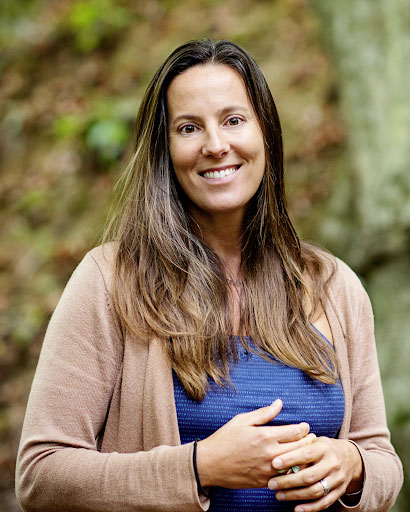
Christine Muehlman Gyovai is the Principal of Dialogue + Design Associates, is the granddaughter of a coal miner and firefly scientist, and has over twenty years of experience in creating community transformation and resilience. Named a “Cville 20” by Charlottesville magazine as a key driver for creating change, she is a professional facilitator and planner with certificates in charrettes, coaching, teaching yoga, mediation and permaculture design. A recipient of the Paul Dulaney Conservation Award, she has worked on projects in Appalachia and nationally focuses on increasing community resilience and sustainability. Christine holds a M.U.E.P. in Urban and Environmental Planning from the University of Virginia, a B.A. in Environmental Studies from Burlington College, and lives at the base of the Blue Ridge mountains in Virginia with her husband and two children.
Download the show Notes
FIND US ON YOUTUBE
Key takeaways
The Battle of Blair Mountain
1921 was the largest labor uprising in US history. In August of 1921, over 10,000 coal miners answered the call of the United Mine Workers of America, marching to end the mind guard system, which kept the coal fields in a police state, supported by a private force of armed guards.
The march was for better working conditions, a decent wage, Union representation, and safety regulations. Mary Harris “Mother” Jones was a force in rallying miners from all backgrounds to stand up to the coal company.
The Battle of Blair mountain raged for four days until the miners laid down their weapons, refusing to fire at the federal troops, which had been brought in to fight them. Although change didn’t happen instantaneously, in the 1930s, “workers rights to organize” was included in the National Industrial Recovery Act.
While it has been 100 years since the Battle of Blair Mountain, there is still progress to be made. One of the biggest struggles is the loss of wealth being taken out of state. In the 1870s, West Virginia created a legal system to separate land ownership from mineral rights. As a result families owning land with coal underneath it, did not have control or ownership of the mineral. Instead it traveled out of state into company pockets.
Unfortunately, even to this day, West Virginia does not have the same kind of sustainable permanent fund that enables some other states to return resource wealth to their residents.
The decline of the coal industry and its impact on mining communities
According to the Bureau of Labor Statistics, the number of estimated oil and gas extraction jobs fell from a high of 600,000 in 2017 to roughly 160,000 by the end of 2020. Coal mining jobs slipped below 50,000 in 2020, down from 92,000 in 2012.
The National Association of Counties explains that due to the decline of coal demand, communities reliant on the industry are impacted not only by job loss, but in lower tax revenues. The outcome is major shortfalls in the funding for municipal needs, infrastructure, and schools. Additionally, according to the Just Transition Fund, every direct coal mining job lost results in four more.
Studies show widespread support for creating a jobs program to hire unemployed coal workers to safely close down old coal mines and restore the natural landscape. An obvious way to fund these jobs and programs is through a carbon tax; however, legislatively it is hard to predict if this would ever come to pass.
Being resilient through the decline of the coal industry means retraining displaced workers and creating new economic engines. It means looking at the impact on more than just direct workers, but entire communities. Resilience is about creating possibility and opportunity in communities that have consistently faced hardship and loss.
Grateful for the past, while looking forward to a sustainable future
The Biden-Harris administration enacted a series of policy changes and executive orders during their first days in office, including rejoining the Paris Climate accord, canceling the Keystone XL pipeline and ending fossil fuel subsidies.
Objection to this stems from the fact that there will be job loss, but it is important to note the significant gains — including many jobs — in making a transition toward a more sustainable energy approach.
Change is most successful when it is created based on the ideas of local leaders. New partnerships and networks of cooperation across regions are needed to create sustained change and prosperity, often with the long term support of an anchor, institution or organization.
Collaborations are taking place across the country from solar cooperatives to labor unions to environmental groups, all with the goal of creating a national economic transition. The Solar Workgroup of Southwest Virginia, which is facilitated by Dialogue + Design Associates, is a beautiful example of this.
Just a few months ago, two bills were brought to the Governor’s desk in Virginia, a direct result of efforts by the Solar Workgroup, which includes three co-conveners, Appalachian Voices, University of Virginia College at Wise, and People Incorporated.
The bills include the Brightfields Act, which creates a grant program to promote renewable energy development on coal mine sites and other brownfields. It also includes power purchase agreements bills to ensure schools and local governments in Southwest Virginia have access to no money down financing, and federal tax incentives for solar.
In addition to these incredible bills, Appalachian Voices was just awarded $1.5 million by the Appalachian Regional Commission to catalyze commercial and institutional solar projects for coal impacted communities throughout Central Appalachia.
This grant is in part due to regional collaborations, enabling groups to work together, acquiring the tools, resources, and investments needed to create change. The work happening across central Appalachia is both inspirational and creating important, sustainable change.
References
Keeney, C. (2018, February 26). The Battle of Blair Mountain Is Still Being Waged. The Cultural Landscape Foundation. https://tclf.org/battle-blair-mountain-still-being-waged
Soodalter, R. (2018, January 31). In the Battle for Blair Mountain, Coal Is Threatening to Bury Labor History. The Progressive. https://progressive.org/magazine/the-battle-over-blair-mountain-famous-labor-site/
Harkinson, J. (2010, September). Remembering Mother Jones in Coal Country. Mother Jones. https://www.motherjones.com/politics/2010/09/mother-jones-coal-west-virginia/
Gilmore, N. (2018, September 3). The Buried History of West Virginia’s Coal Wars.The Saturday Evening Post https://www.saturdayeveningpost.com/2018/09/buried-history-west-virginias-coal-wars/
Badger, E. (2021, February). West Virginia Has Everyone’s Attention. What Does It Really Need? The New York Times. https://www.nytimes.com/2021/02/08/upshot/west-virginia-manchin-stimulus.html
Englund, W. (2021, February 27). New Energy Secretary Jennifer Granholm Has Advice for Texas — And for the Oil Industry. The Washington Post https://www.washingtonpost.com/business/2021/02/27/energy-secretary-granholm-texas-oil/
Industries at a Glance – Oil and Gas Extraction. (2021, February 24). US Bureau of Labor Statistics, US Department of Labor. https://www.bls.gov/iag/tgs/iag211.htm
Baig, S. and Morgan, J. (2017, November 13). Stronger Economies in CoalReliant Places. National Association of Counties. https://www.naco.org/featured-resources/stronger-economies-coal-reliant-places-summary-naco-and-nado-rf%E2%80%99s-technical-assistance#_edn2
Short Term Energy Outlooks. (2021, February 9). US Energy Information Association. https://www.eia.gov/outlooks/steo/report/electricity.php
Rosenbaum, E. (2021, January 31). Biden’s Climate Change Plan and The Battle For America’s Most Threatened Workers. CNBC. https://www.cnbc.com/2021/01/31/bidens-climate-change-plan-and-americas-most-threatened-workers.html
notable quote from christine
“Transitioning economies from fossil fuel extraction to a just and equitable future looks different in different places. Instead of a one size fits all approach, programs and policies must be envisioned at the regional scale and be reflective of local places and people. Change is the most successful when it is created based on the local ideas of local leaders.”
Links/resources mentioned
Learn more about The United Mine Workers of America.
Learn more about the National Association of Counties (NACo) and their reports on interconnected systemic challenges facing coal communities.
Read more about the Just Transition Fund and the Political Economy Research Institute at UMass Amherst.
Find out more about renewable energy at the US Energy Association. Discover more about the work of The Solar Workgroup of Southwest Virginia and its three co-conveners: Appalachian Voices, University of Virginia College at Wise, and People Incorporated.
The Yes! We Rise podcast is produced by Dialogue + Design Associates, Podcasting For Creatives, with music by Drishti Beats.
Follow Yes! We Rise on Facebook and Instagram.
Please rate, review, and subscribe to the podcast so we can continue spreading our message far and wide. Find our email list at the website: www.yeswerise.org. Thanks for listening.
Don’t miss an episode — follow us on Spotify and subscribe via Apple Podcasts, Stitcher, Google Play, or Amazon Music and please leave us a review wherever you listen.
Jump to:
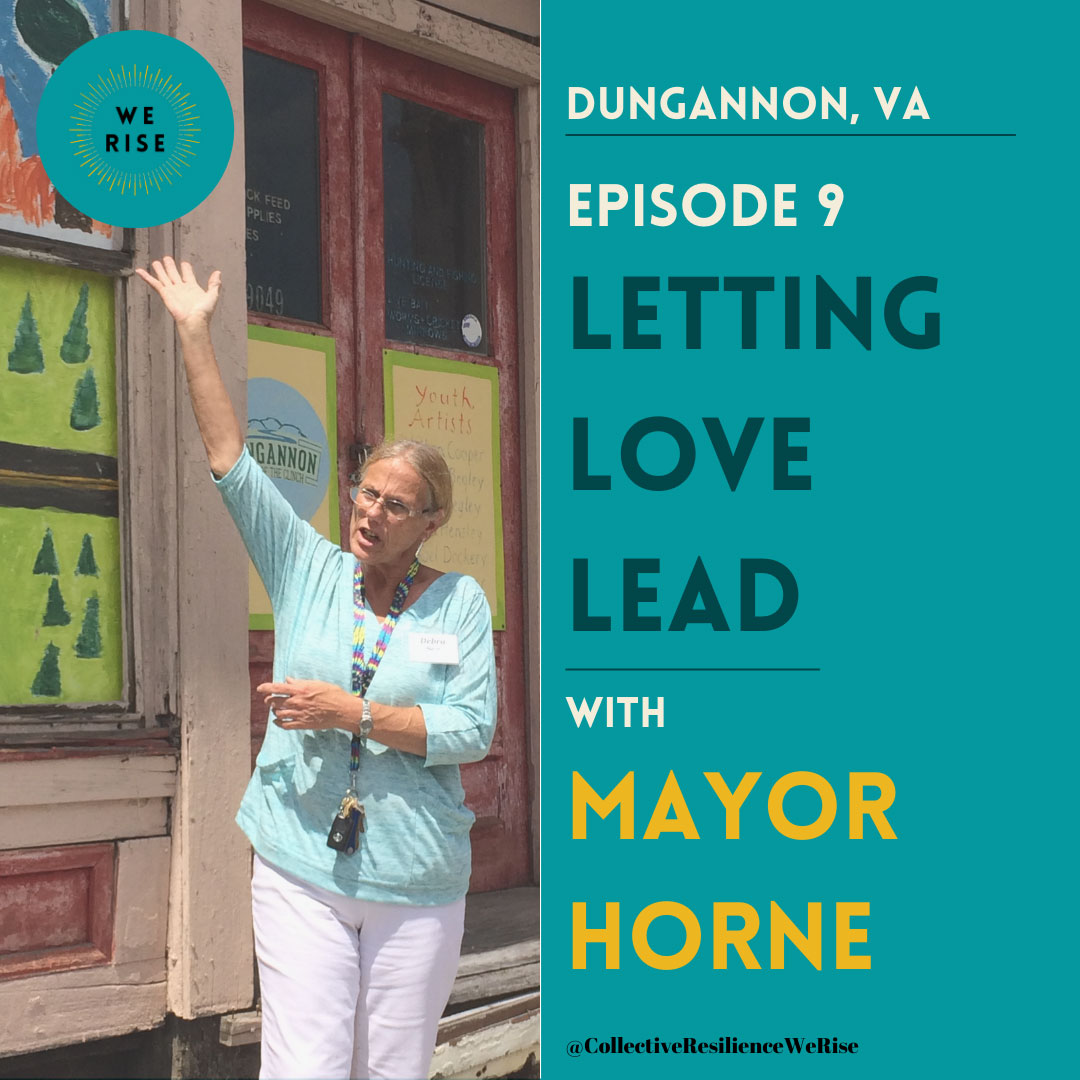
Episode 9
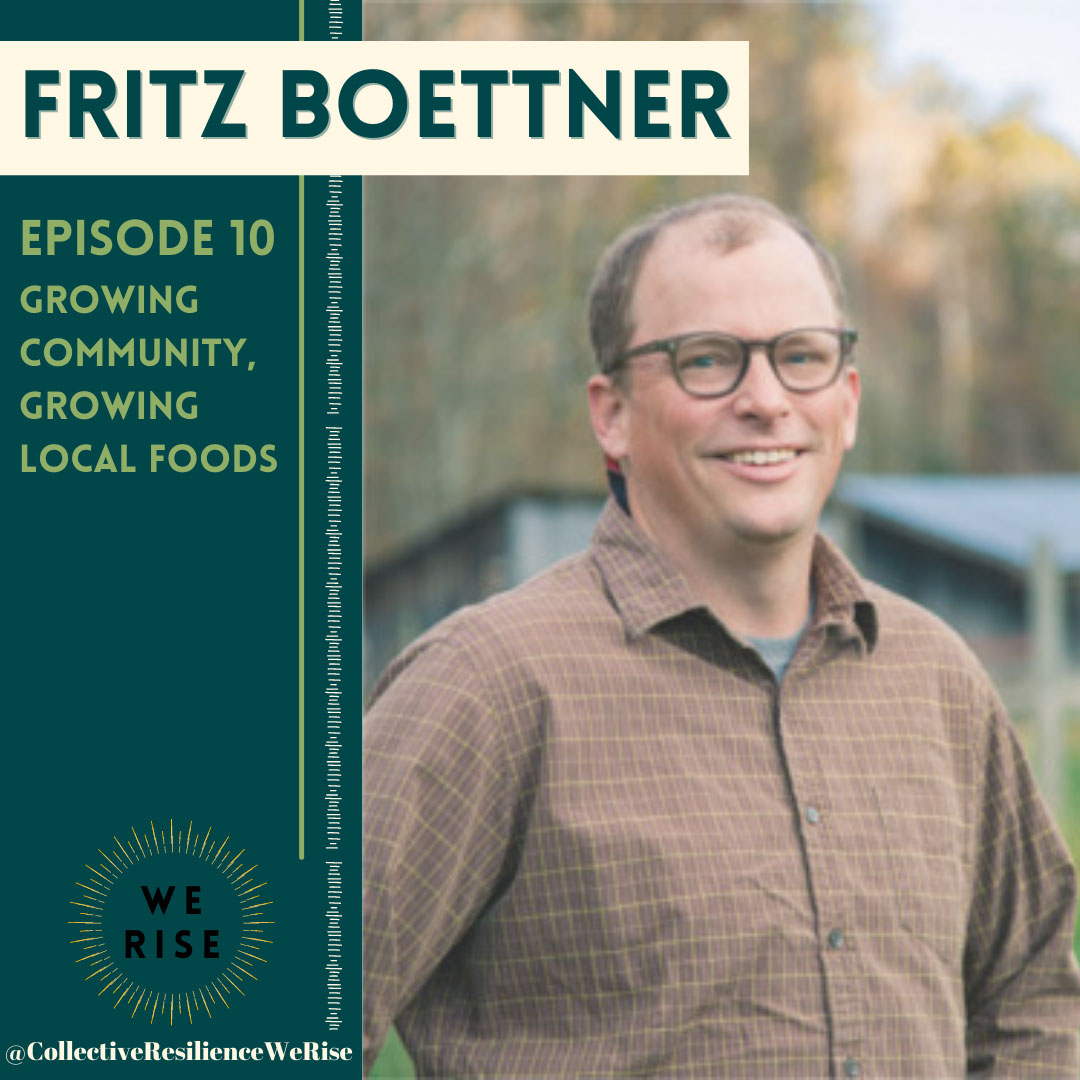
Episode 10
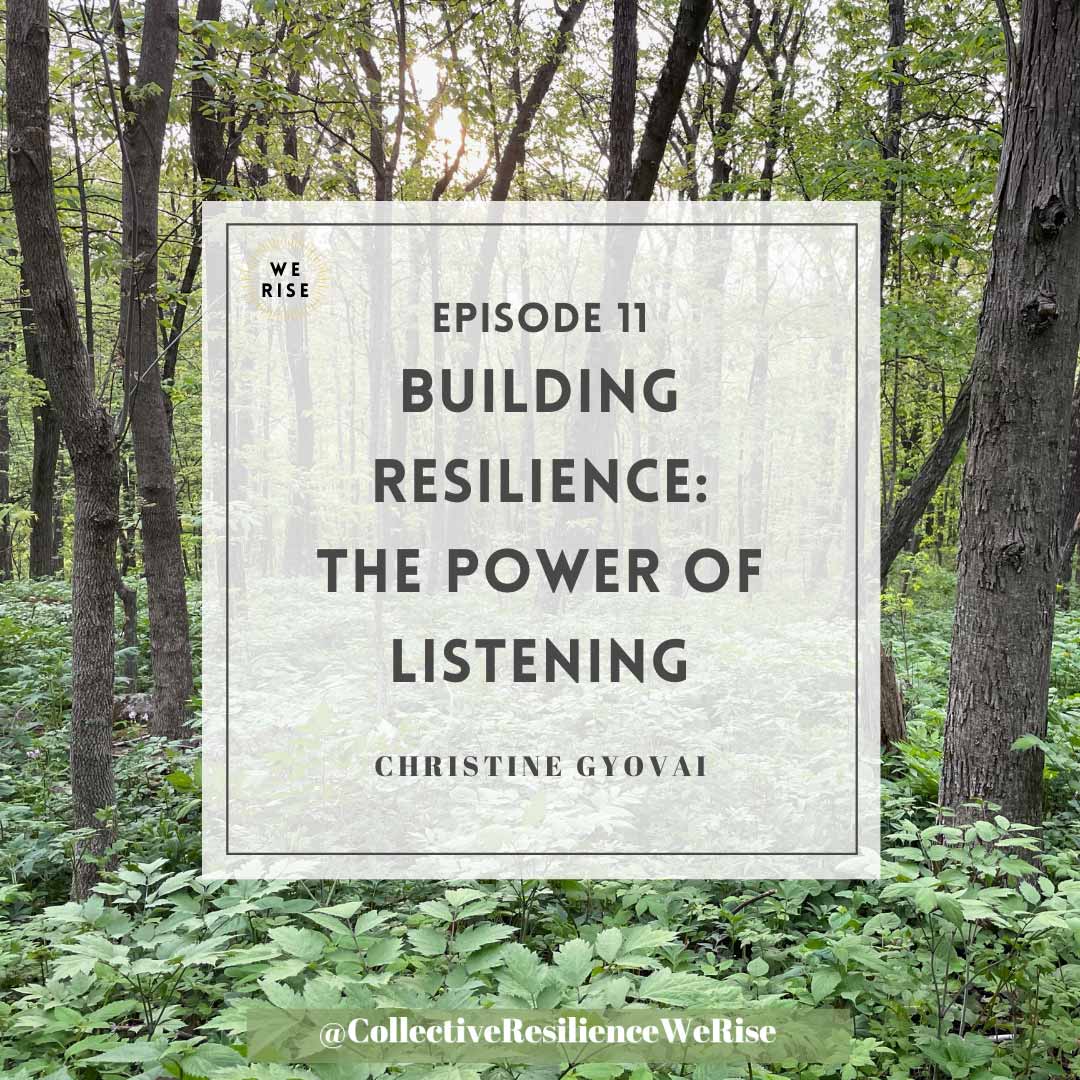
Episode 11
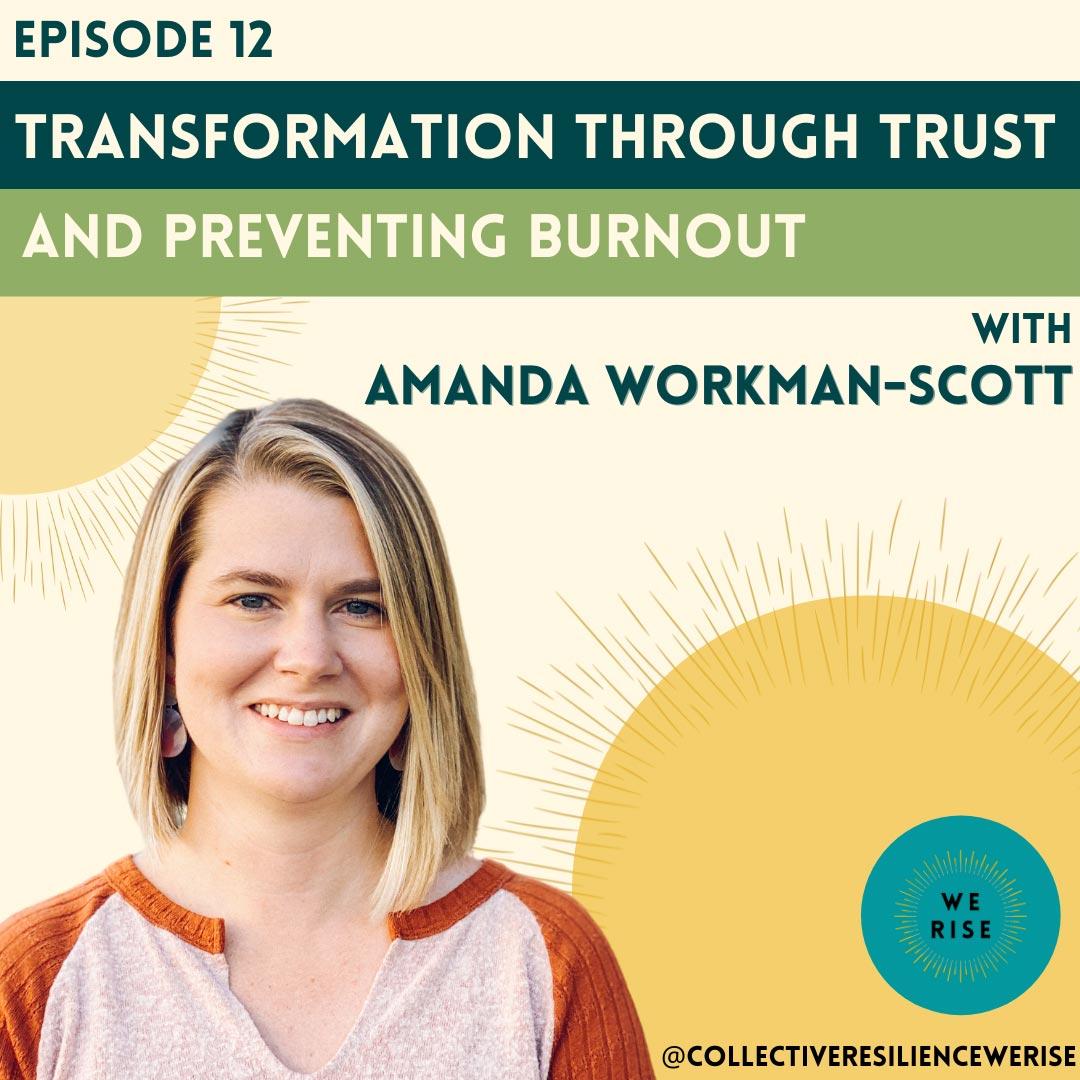
Episode 12
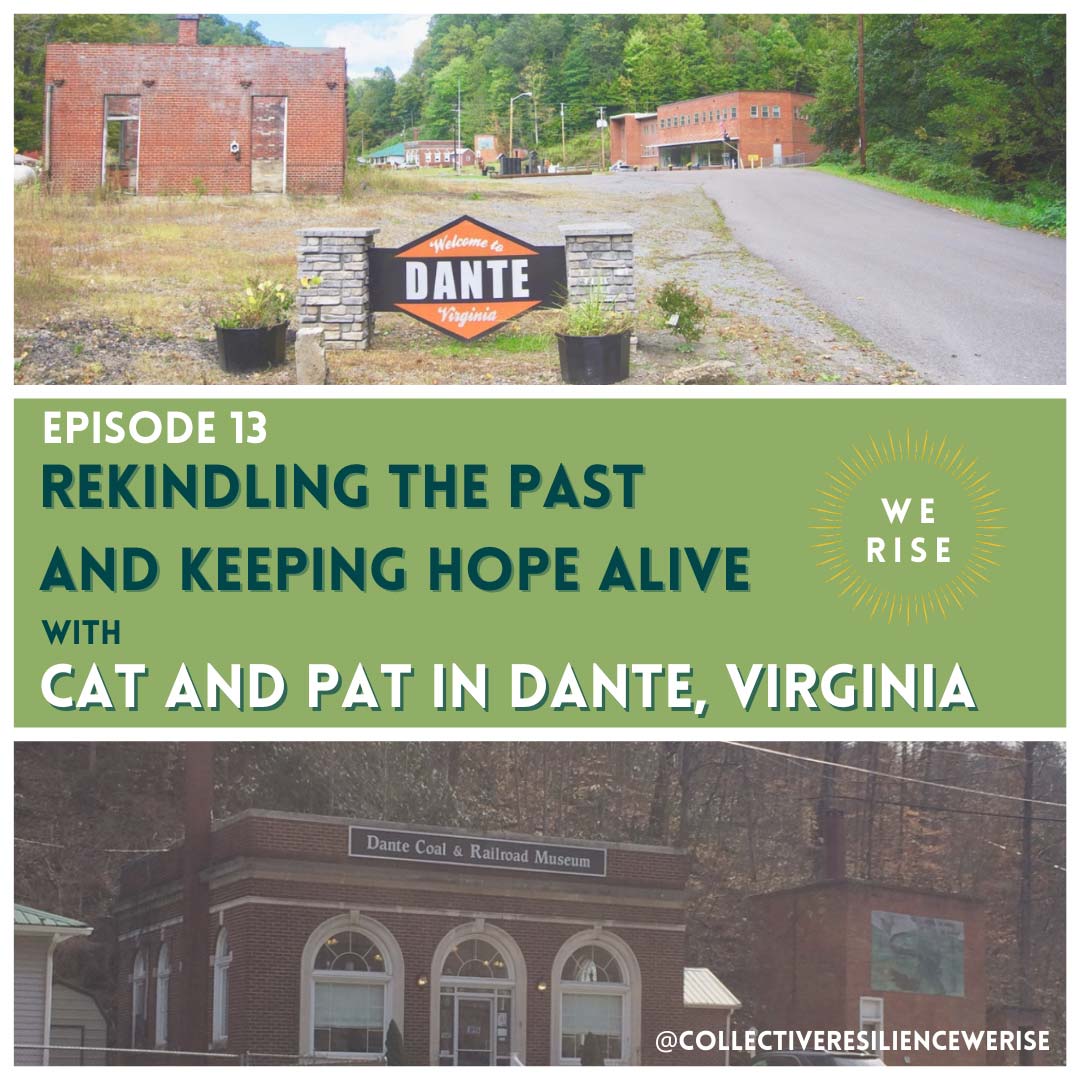
Episode 13
